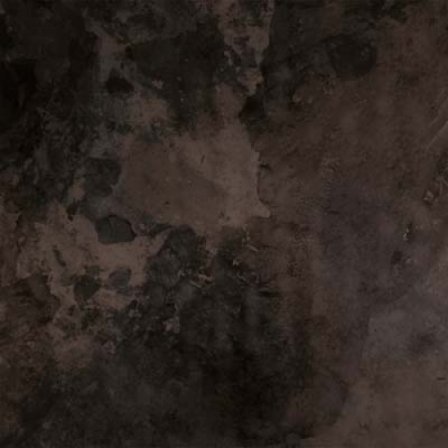It’s not common for me to take publicists at their word, but I was genuinely intrigued after reading Type’s write-up for William Fowler Collins newest album, The Resurrections Unseen: “Many artists attempt dark music, but few really succeed — Collins has managed it by merely suggesting what our brains already know.” I was already familiar with some of Collins’ previous work, particularly his brilliant Perdition Hill Radio, and I was absolutely convinced by its realization: a unique synthesis of melodic, depressive black metal and electro-acoustic experimentation into a singular, powerful ambiance of corrosive-Americana. But I’m put off, a bit, by the continual identification with black metal, as Type is wont to do with Collins. Black metal is not always, or even often, dark; dark themes and posturing do not themselves serve a sonic function or act, significantly, upon the psyche. So while even the most unsettling black metal artists (Moëvöt, Nortt, Amaka Hahina) leave me unnerved, it’s rare that they do so without predictable scare tactics, however effective. So I was intrigued by the claim that Type made of their artist, and I listened.
What do our brains already know? Concerning the relationship between sound and emotion, the question remains unanswered, and thus far, unanswerable. There are hints that suggest something, evolutionarily, has been at work in us over our lifetime as a species; there are sounds — the scream, for example — that, irrespective of context, evoke a sensation of fear. Infrasound, too, acts similarly upon us. But much more has to do with context: the location or dislocation of the sound, the familiarity or unfamiliarity of the sound, the fact of temporality and of death, of silence. Sound is always potentially anything, in time and space, and without a knowable source, it triggers and haunts. So what do our brains already know? The question is just as interesting if posed from neurobiology as it is from psychoanalysis. The answer, either way, is that we don’t know. The Resurrections Unseen is absolutely effective because, as it may suggest what our brains already know, it nonetheless manages to leave us, consciously, in the dark.
So what does Collins know? The Resurrections Unseen is a composed assemblage of sounds from electric guitars, field recordings, and Chilean percussion instruments, processed through various tape decks and, sometimes, SuperCollider. The work is marked by a stark minimalism that, when it feels like ‘music’ at all, evokes only a specter of Penderecki’s compositions. When it feels otherwise — when there is little more than an interplay between tones or layers of sound — it is no less the work of of a precise, subtle composer. If Perdition Hill Radio was a dialogue with black metal — an interweaving and distillation of noise, texture, and atmosphere — The Resurrections Unseen is a negotiation with silence, in which the subtle draw-and-release creates an almost unbearable anxiety; for, as we try to negotiate our way out, we never escape subsumption. Subsumption, finally, because this isn’t a silent work, but a strange and terrifying and utterly absorbing disquietude.
It is difficult, and precarious, for a reviewer to write about their feelings. The Resurrections Unseen made me feel, perhaps moreso than any album this year, and continues to leave me shaken after repeated listens. (I feel as though I’m less alone when one seasoned metal blogger calls this “the most blackened ambiance [and, the most spine-tinglingly bleak and inhuman moments] this reviewer has ever heard…” This does not universalize my feelings, although it lets me know they are, nonetheless, shared.) It is a rigorous, subtle, and intelligent work of art, and Collins has indeed created a masterpiece of the genre. More than a cerebral experience, however, The Resurrections Unseen is profoundly visceral. Beyond Kierkegaard’s angst, the album evokes an unfocusable dread, a semblance of something felt unto death. It is the impossibility of experience bound with the fact of the annihilation of the self: that which we already, but can never, know. I’m tempted to call it a threnody for whoever is listening. (You don’t believe me? Listen.1) Collins does this with sound, with utterly uncanny sounds, lifting out of silence, and they will pull you down into the dark. I’m not sure how, but they will. Collins has made a frightening album indeed.
1. Headphones are required.
More about: William Fowler Collins




